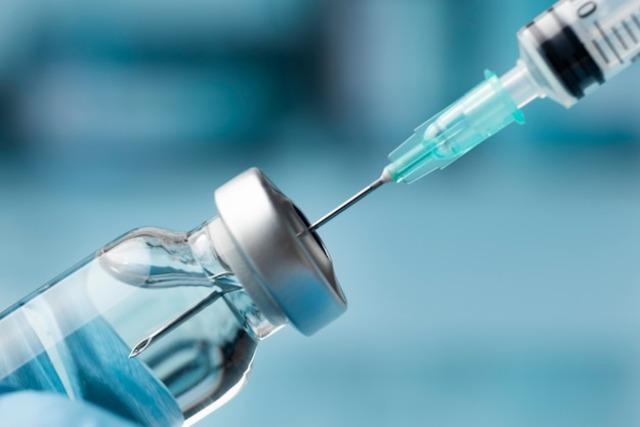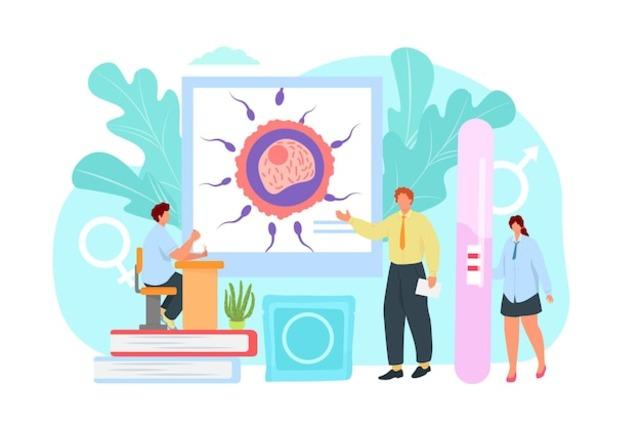1. Use condoms during sexual intercourse.
Condoms are one of the most effective methods of protection against sexually transmitted infections. Both male and female condoms prevent the transmission of infections during sexual contact. Correct and regular use of condoms greatly reduces the risk of infection.
2. Go for regular medical check-ups.

It is important for sexually active individuals to have sexual health checks at regular intervals. In this way, infections can be detected and treated at an early stage and their spread can be prevented. A good start would be to have a sexual health check-up at least once a year.
3. Be sure to communicate openly with your partner.

It is very important to have open and honest communication with your partner about your sexual health. Talking about your sexual history and infection risks keeps both you and your partner safe. Trust and respect in a relationship are the basis of a healthy sexual life.
4. Being monogamous reduces the risk of infection.

Monogamous relationships may reduce the risk of infection. Staying faithful to your partner and limiting the number of people you have sexual intercourse with minimizes the risk of sexually transmitted infections. However, this alone is not enough; It should be supported by other contraceptive methods.
5. Take care of your personal hygiene before and after sexual intercourse.

Cleaning the genital area before and after sexual intercourse reduces the risk of infection. But remember, cleanliness alone does not guarantee protection from infections. It should be applied together with other contraceptive methods.
6. For your sexual health, be sure to get vaccinated against infections.

Vaccines are available against some sexually transmitted infections. For example, HPV and hepatitis B vaccines are highly effective in preventing these infections. Following vaccination schedules and getting your vaccinations significantly reduces your risk of infection.
7. Attend sexual health training.

Having accurate information about sexual health reduces the risk of infection. Receiving sexual health education from schools, health institutions and reliable online sources helps you become aware of contraceptive methods.
8. Be sure to talk to your doctor about your sexual health.

Since sexuality is considered a taboo in many societies, it can sometimes be a situation that is not shared even with doctors. Sexuality is nothing to be ashamed of and your health is always more important from society’s perspective.
9. Do not hesitate to share your sexual history with your partner at some points.

Talking openly about your sexual history with your partner is an important step in reducing the risk of infection. Knowing your partner’s past infection status helps determine your prevention methods.
10. Be sure to ask your doctor about the symptoms of such infections.

Recognizing the early signs of sexually transmitted infections is a critical step in preventing the spread of infections. Seeing your doctor immediately when you notice symptoms such as itching, burning, or discharge will protect the health of both you and your partner.

